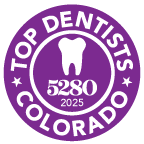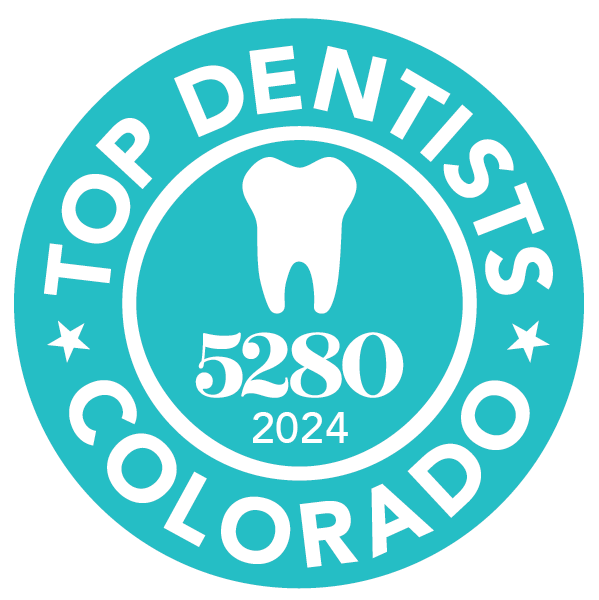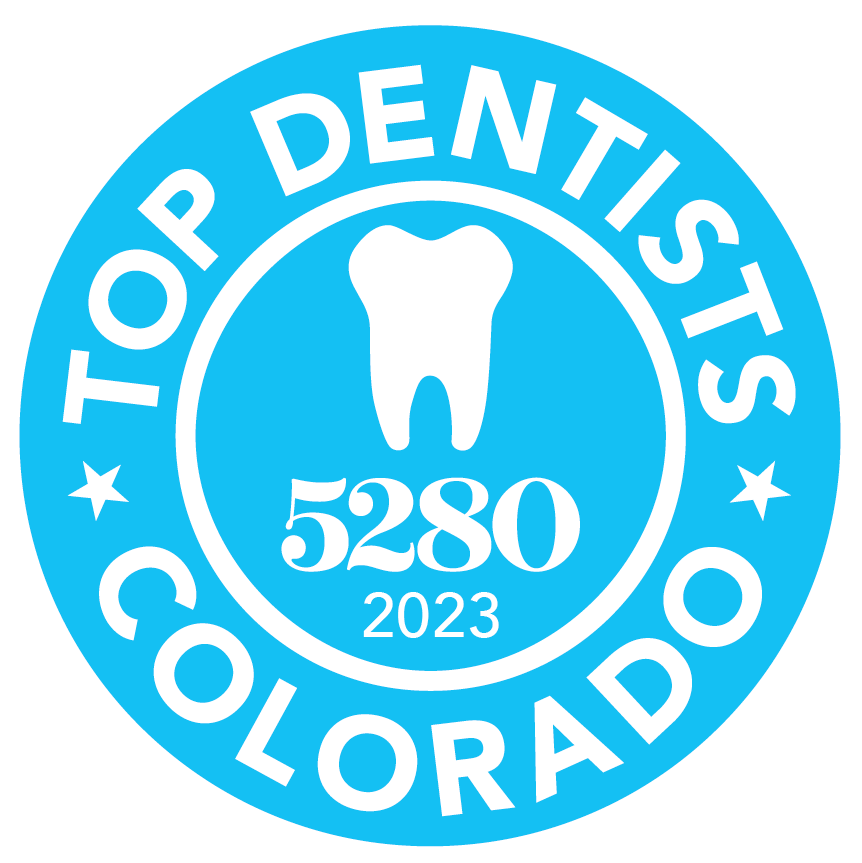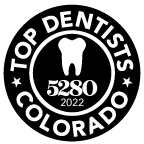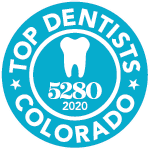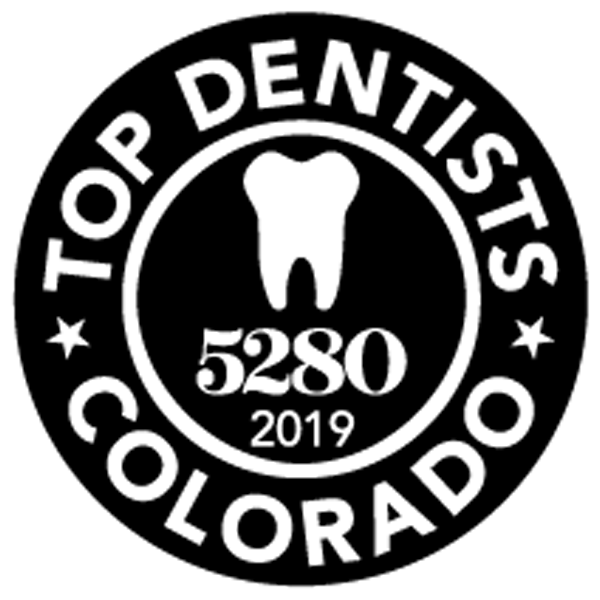After you have a tooth extracted, there is always the risk that you may develop a dry socket. This is a painful condition and, while it is treatable, we recommend that you do all you can to avoid developing a dry socket in the first place.
Dry Sockets
When an adult tooth has been removed, the nerve or bone in the tooth is suddenly exposed. If proper healing occurs, a clot with form in the empty socket to protect this sensitive area while it heals. However, if this clot fails to form or becomes dislodged, the area can become vulnerable to infection, leading to the condition known as dry socket.
While a certain amount of pain is normal and expected after having a tooth removed, the pain should begin to subside during normal healing. If the pain becomes worse, radiates toward the ear, or if you develop a fever, it’s important that you contact your dentist as soon as possible.
A few things can put you at a higher risk of developing dry sockets. These can include:
- The use of tobacco products, including cigarettes and chewing tobacco
- A history of developing dry sockets in the past
- The use of hormonal birth control
- A history of poor oral hygiene habits or dental disease
- Blood-thinning medications
Preventing Dry Sockets
In order to prevent developing dry sockets, it’s important to follow the post-extraction instructions given to you by your dentist. These instructions will most likely include the following:
- Avoid drinking from straws
- Avoid alcohol, hot drinks, or crunchy food
- Don’t use tobacco products for 72 hours
- Do not spit or rinse the mouth out for 24 hours
- Rest and limit physical activity for a few days after your dental extraction
To make an appointment here at Littleton Implants and Periodontics, please contact our Littleton, Colorado office today.
